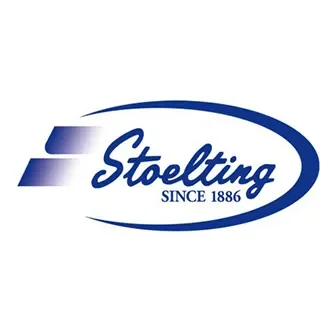A Catalyst for Collaboration — at JAX and around the world
At JAX, we are focused on being a hub and catalyst for collaboration. Bringing people together has been an integral part of JAX culture from our earliest days. It is a vital part of our mission to empower the global biomedical community with the expertise, tools, data and resources that accelerate understanding and advance treatments.
Here are a few of the many examples of our collaborative spirit at work:


